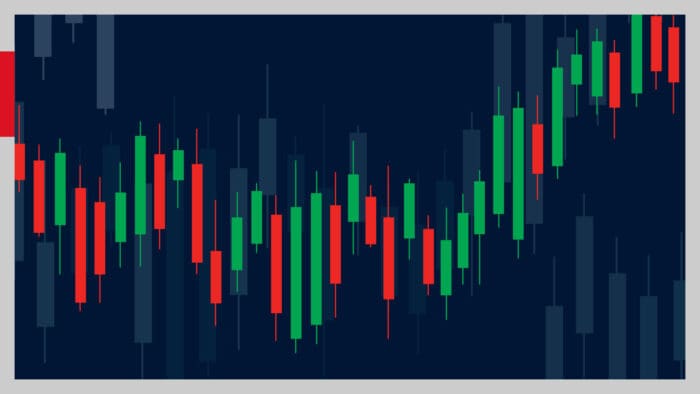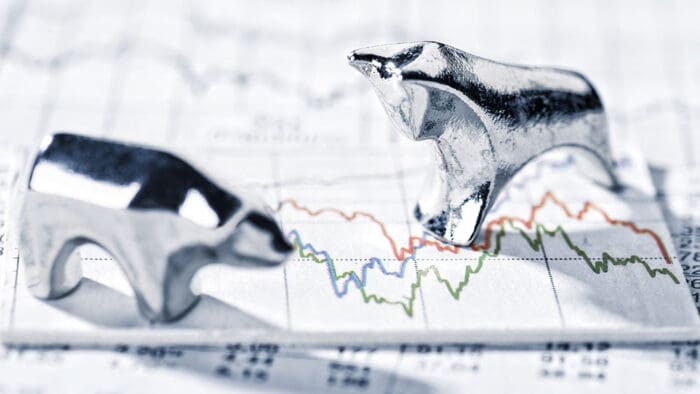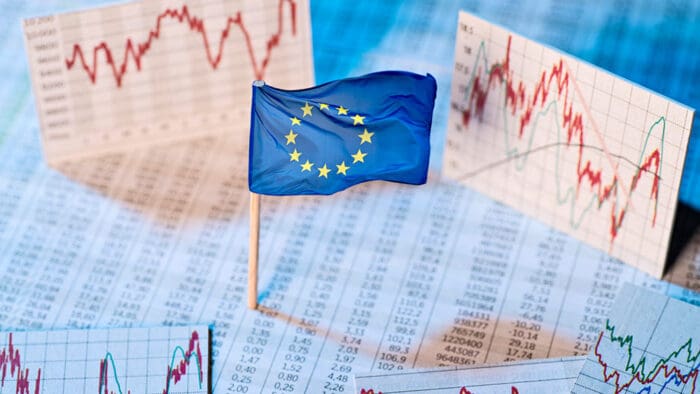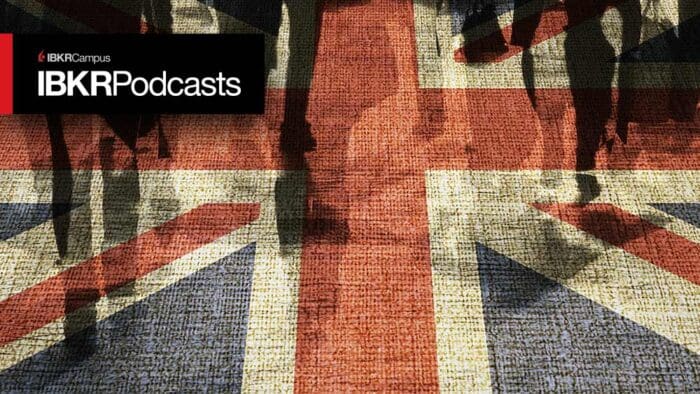As we approach the midway of this quarterly earnings season, it is normal to search for themes that can define our views about the economy and guide our thinking about what to expect from those companies who are yet to report. Yet one theme seems to underlie the results, and that could bode poorly for investors who are hoping for rate cuts in the coming months (and our health). The US consumer seems more than willing to pay more for their favorite brands, especially if they sell, um, comfort foods.
Consider some of the winners that we have seen over recent sessions. Today’s big gainer, even more than Microsoft (MSFT), is Chipotle Mexican Grill (CMG). CMG is up about 14% this morning, setting a new all-time high after beating estimates and offering positive guidance. The company’s CFO stated that lower-income customers are returning to the restaurants even as prices have risen by about 10%. In short, CMG has found that they can pass along price increases to their customers without penalty.
It would be one thing if a single company made comments like that, but we have heard something similar from Coca-Cola (KO), Pepsi (PEP), McDonalds (MCD) and Procter & Gamble (PG) all beat analyst consensus estimates and cited their ability to pass along price increases during their earnings calls. For better or worse, we’re willing to pay up for our favorite hamburgers, soda, potato chips, and burritos. Health ramifications aside, if the Federal Reserve’s goal is to combat inflation, this is a clear sign that their fight is far from over.
To be sure, it is not at all a bad thing that consumers have the means to afford their favorite brands. An unemployment rate of 3.5% means that the vast majority of people who want a job have one. The tight labor market means that people can afford their favorite goods and services and have the means to pay more for them if necessary. It’s not only food. We heard something similar from Kimberly-Clark (KMB), whose stock was boosted by brand loyalty to tissues, toilet paper and diapers (and also because of, I, s—, er, kid you not, big news in the “poop” category.)
Consumers make up the bulk of the US economy. When they feel economic stress, they cut back and trade down to lower cost brands. One could assert that MCD is the lower cost alternative when it comes to dining out, and the CMG CFO theorized that some of their growth could be coming from customers trading down from higher-end restaurants, but that doesn’t explain the resilience of other consumer products. People who feel flush will feel ok about paying up for better-quality toilet paper.
The strong performance of consumer staples may be a key “tell” about why it seems that there is a huge divergence in the economy, and in the markets too. There is no shortage of economists and pundits who are concerned about a recession on the horizon. The persistent yield curve inversions tell us that is a key worry of bond investors. On the equity side, we see institutional investors expressing pessimism about stocks, yet money continues to flow into individuals’ favorite names.
We are back at another “careful what you wish for” moment. Fed Funds futures show an 83% chance for a hike at next week’s FOMC meeting, but also anticipate 3-4 cuts over the coming months. If the consumer remains this solid, it is tough to imagine what sort of economic forces would justify an “about-face” from the Fed in a matter of months. Unless there is a banking crisis that metastasizes beyond what we have seen so far or some other sort of financial accident, it is hard to see the consumer sector slamming on the brakes sufficiently to cause the FOMC to cede its fight against inflation. If you like the idea of healthy consumers, it is hard to have it both ways.
Disclosure: Interactive Brokers
The analysis in this material is provided for information only and is not and should not be construed as an offer to sell or the solicitation of an offer to buy any security. To the extent that this material discusses general market activity, industry or sector trends or other broad-based economic or political conditions, it should not be construed as research or investment advice. To the extent that it includes references to specific securities, commodities, currencies, or other instruments, those references do not constitute a recommendation by IBKR to buy, sell or hold such investments. This material does not and is not intended to take into account the particular financial conditions, investment objectives or requirements of individual customers. Before acting on this material, you should consider whether it is suitable for your particular circumstances and, as necessary, seek professional advice.
The views and opinions expressed herein are those of the author and do not necessarily reflect the views of Interactive Brokers, its affiliates, or its employees.


















Join The Conversation
If you have a general question, it may already be covered in our FAQs. If you have an account-specific question or concern, please reach out to Client Services.